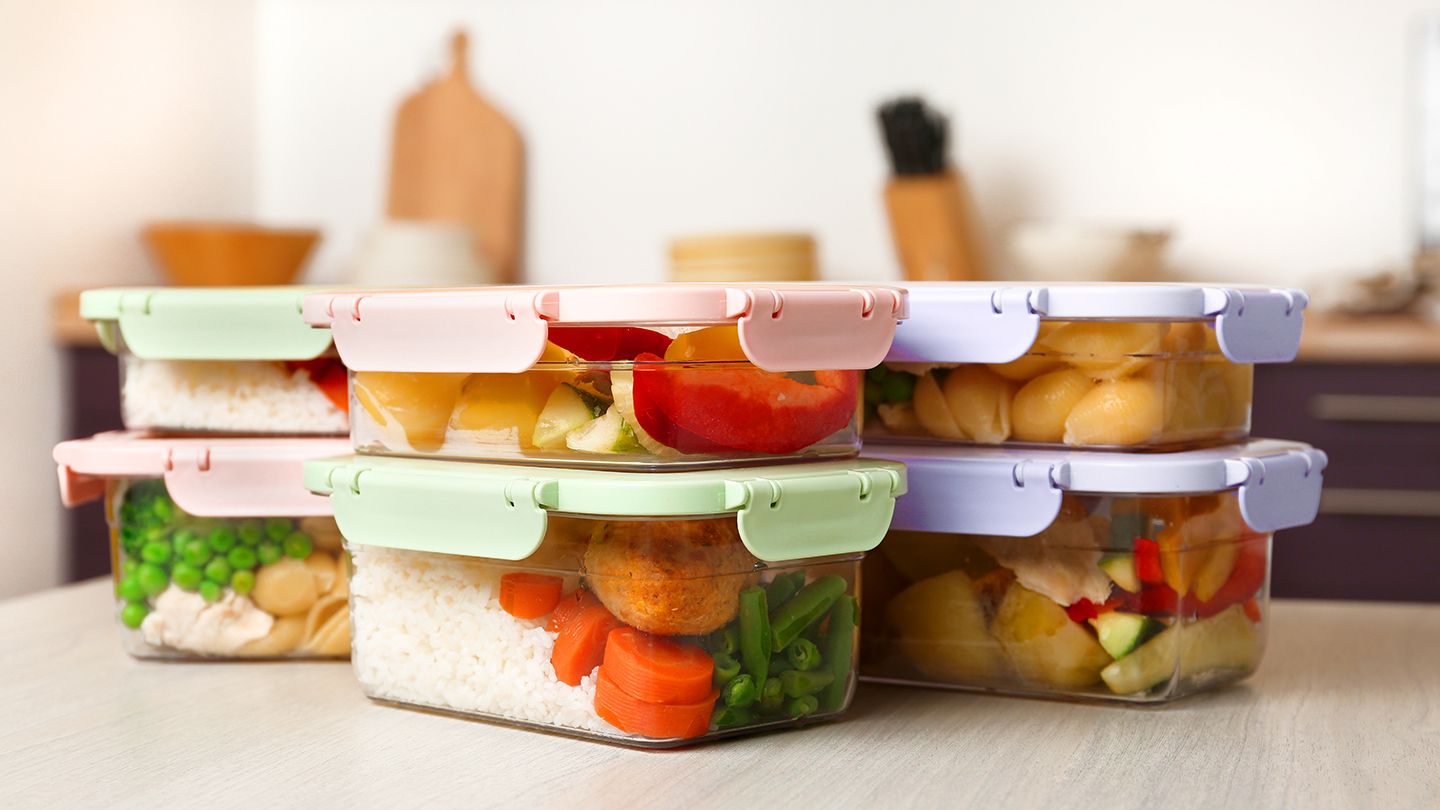Assessing If You Can Afford to Live Alone
Many young adults dream of getting their own apartment or house. The freedom and independence of living alone can seem very appealing. However, the reality is that living alone often comes with a high price tag. Rent, utilities, groceries and other bills quickly add up. So how do you know if you can realistically afford to live independently?
Take a Close Look at Your Finances
First, examine your current financial situation. Review your monthly take home income after taxes. Then make a list of all your existing expenses like debt payments, transportation, food, entertainment, etc. Compare your expected income to expenses to see if you have enough left over to cover the costs of renting your own place.
You should ideally have at least 30-40% of your income left after paying expenses. This gives you breathing room to cover the costs of rent, utilities, furnishings and unexpected costs that come with getting your own place.
Create a Budget for Independent Living Expenses
Now you need to estimate what living alone would actually cost you. Research rental rates in your area for studio apartments or rooms for rent in shared houses. Be sure to factor in utilities like electricity, water, internet/cable, etc. Use cost of living comparison tools online to get realistic utility cost estimates.
After housing, food is likely one of your major expenses. Make a grocery budget based on your expected cooking and dining habits. Don't forget recurring costs for things like laundry, toiletries, home & cleaning supplies too.
Add up all of these anticipated independent living expenses. Compare the total to your current income and expenses budget. This will tell you whether or not you can realistically afford your own place.
How to Make Independent Living More Affordable
If your numbers indicate that living alone is currently out of your budget, don't lose hope. There are things you can do to trim expenses and make independent living more affordable over time.
Look for Ways to Reduce Current Expenses
Review your budget again with a fine tooth comb. Are there any unnecessary expenses you can cut back on? For example, downgrade phone & internet plans, reduce entertainment & dining out costs. Even small savings of $20-50 per month add up. Funnel that money towards your goal of getting your own place.
Downsize Your Housing Expectations
You may need to scale back the type of rental you can afford right now. Consider studios or shared apartments rather than a larger one bedroom. Or look at renting a room rather than an entire house or apartment. While not ideal, smaller, more basic living spaces can reduce your housing costs significantly.
You may also need to adjust your expectations on location or amenities. Prioritize affordability first when searching rentals. Once you meet your goal of living alone, you can always look to upgrade later as your career and income progresses.
Take on a Housemate
Splitting housing costs with a responsible housemate can open up more rental options. Talk to trustworthy friends or look online to find a roommate with common price range and compatibility. Be sure to define clear expectations upfront on issues like guests, chores, expenses, etc.
Having a housemate means giving up some privacy and independence. But compromising in the short term can enable you achieve your eventual goal of living alone more quickly.
Increase Your Income
Another option is actively working towards increasing your income. Ask for a raise or promotion at your job. Pick up side gigs doing freelance work, Uber driving, tutoring students, etc. Use this extra income only for housing savings.
Finding ways to consistently make even just an extra few hundred dollars per month can impact how soon you can afford move out on your own.
Know When to Put Plans on Hold
What if even after major lifestyle changes, you still cannot make the finances for independent living work? As hard as it may be, you may need to put your housing plans on temporary hold. Give yourself six months or a year after college or starting your first job. During this time, put maximum effort into boosting income and savings.
Living at home a bit longer or with roommates may not be the most exciting option. But it allows you to stash away more money towards eventually getting your own place. Patience and making small sacrifices on your housing situation now will pay off later.
Re-Evaluate Your Priorities
You also need to do some soul searching to determine where independent living falls on your priority list. How important is privacy and independence to you compared to other goals? Would you be willing to adjust other expenses more drastically like not owning a car or reducing travel?
Since the realities of affording your own housing right now may not match your original vision, you need to reassess priorities. Figure out what trade offs or timeline adjustments you are willing to make in order to achieve your goal.
Living alone can be an amazing growth experience. But you need adequate financial readiness to ensure it remains a positive situation. Follow the guidance above to make thoughtful decisions about managing expectations, reducing costs and increasing income. This will empower you to create a realistic plan for successful independent living.
Disclaimer: This article is for informational purposes only and does not constitute medical advice. Always consult with a healthcare professional before starting any new treatment regimen.
Related Coverage
Many acclaimed celebrities like Dwayne Johnson and Lady Gaga have shared their brave struggles with depression to inspire others to seek help and find hope....
Considering ECT for depression? Discover how this fast‑acting therapy works, its benefits, risks, procedure steps, and what to expect....
Though blueberries are culturally seen as the saddest fruit, their brain boosting qualities suggest the opposite. Learn the truth about blueberry mood benefits....
Learn about the proposed link between UTIs causing fluid retention and temporary weight gain. Discover how much extra weight is typical with a urinary tract infection....
Depression can significantly disrupt normal appetite cues and satiety after eating. Learn about managing these common symptoms through lifestyle changes and professional support....
Learn about the serotonin-related interactions between Vyvanse and Prozac and the potential for developing dangerous serotonin syndrome from medication overdoses....
If your teen's issues are contributing to depression, know the signs and utilize self-care, boundaries, support systems, and professional help to take care of yourself....
Having trouble getting out of bed each morning? Learn the reasons why rising can be so difficult such as lack of sleep or depression and get practical tips to make it easier....
Using MDMA while on Lexapro antidepressants is extremely dangerous and can cause serotonin syndrome. Learn about the risks, how to get help for addiction, and safer alternatives....
Feeling overwhelmed by depression? These 5 strategies can help you manage your symptoms and maintain productivity, from adjusting medication routines to seeking support....








